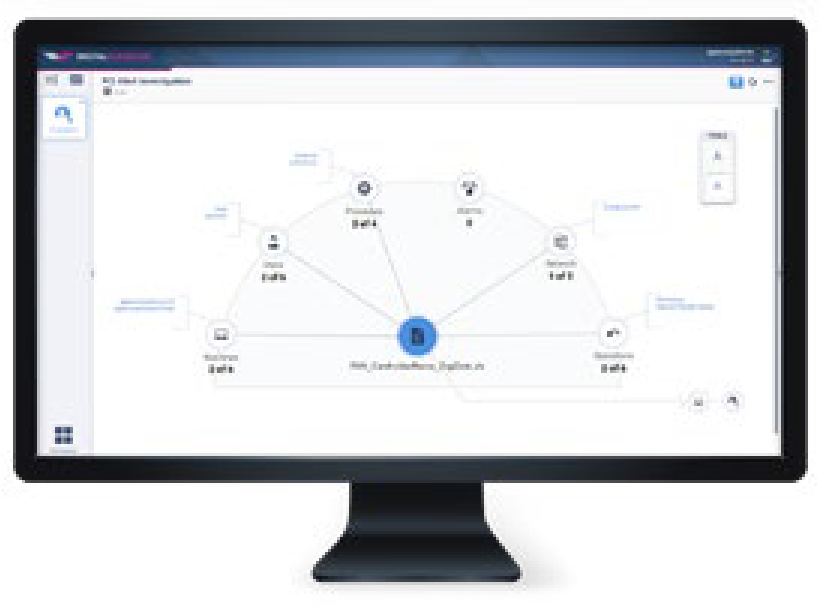About The Customer
A multi-billion dollar, international financial services organization had failed an SEC audit. With more than 200,000 employees in over 100 countries, and divisions in commercial banking, wealth management, and corporate investment banking, the firm was subject to a wide variety of regulatory standards, including GLBA, SOX, and PCI. While it prides itself on its open culture and commitment to providing employees with wide access to information, the company needed to get control of its information driving security and compliance.
The Business Challenge
The investment banking division of the organization investigates and evaluates possible mergers and acquisitions. Each of these strategic deals can be worth billions of dollars, and information and analytical models supporting each individual deal is highly confidential.
Investment bank professionals need unfettered access to all available information on each individual deal. At the same time, protecting confidential information from exposure and egress is a firm requirement. The sensitivity of the data requires that access to the information be limited to those employees with “need to know” privileges.
Critical Success Factors
- Global, open access to sensitive merger and acquistion data
- Flexible data discovery and classification
- Rapid visibility into data risks to support immediate incident response
The Solution
Fortra™’s Digital Guardian® worked with the customer to understand its information needs while meeting its security goals. Digital Guardian provided a granular solution that identified and provided appropriate data to each user, while protecting the confidential information of each deal.
Digital Guardian’s Context-based capability automatically classified and tagged all investment banking data in the file shares. This prevented incorrect manual categorization, simplified segmenting data by deal, and ensured all documents were classified. Digital Guardian’s tags, at the metadata level, allowed the company to track and prevent unauthorized reuse of material. If a document is tagged as “Confidential” and restricted to a specific group, that classification persists and is “inherited” by derivative documents. For their confidential investment models, if a user copies a section of the document, any new document with that section will have the same rights and restrictions of the original document.
Classification also broke the previously rigid link between access rights to the file shares and specific documents. By implementing policies, members of each deal team were restricted to data related to their individual deals, based on the classification provided by Digital Guardian. Other users, even those with elevated access privileges, were prohibited by the same policies from accessing the data. The solution monitored and logged all user action, reporting prohibited activity immediately to the incident response team.

The Results
Digital Guardian allowed the organization to maintain its culture of “open access,” while improving security over critical data. The investment banking team maintained immediate access to critical information, with strict control over data use. By using data classification to control access, system administrators could perform all maintenance and updates to the company’s devices, but not copy, move, or open confidential files. The company increased productivity, improved security, and addressed shortcomings cited in the SEC audit.